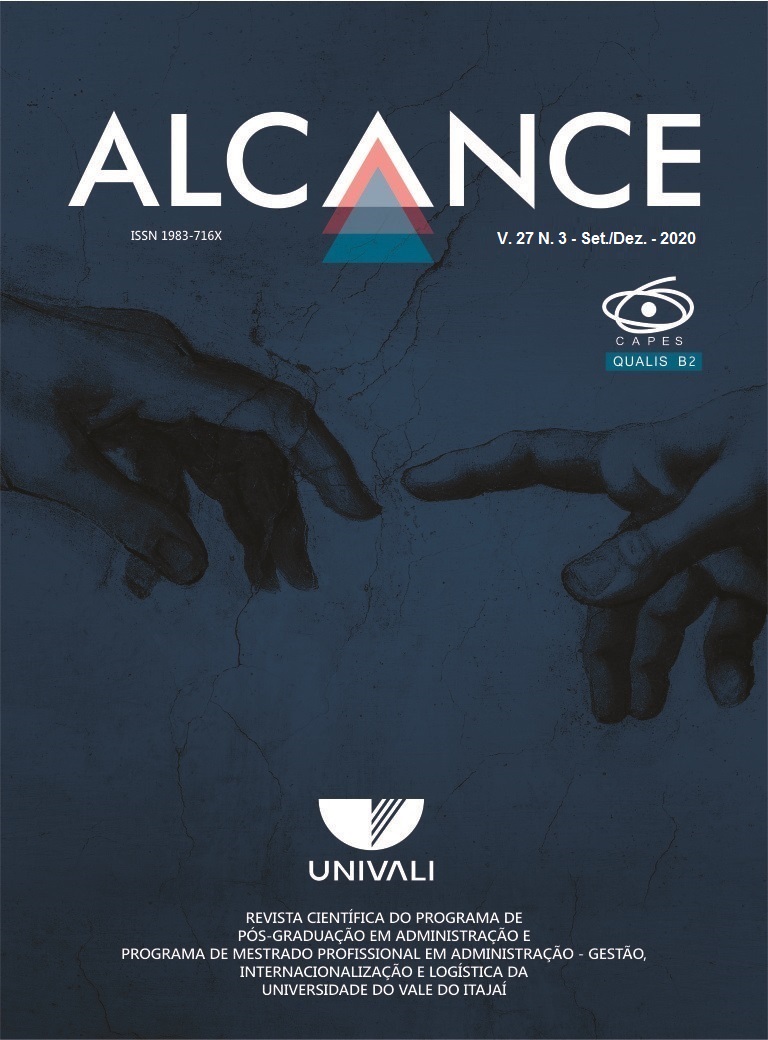THE INFORMAL LEARNING SCALE: A STUDY OF TWO FEDERAL INSTITUTES IN THE STATE OF RIO GRANDE DO SUL
Published date: 16/10/2020

Informal learning is based on the culture, socialization and practices of individuals, and is a process of interaction between the individual and the context. Thus, a need is perceived to explore both the individual characteristics and the organizational properties that influence it. The overall objective of this study is to build and present evidence of internal validity on a range of personal and organizational aspects that can influence informal learning, which can be used by organizations to enhance or reduce barriers to learning in the environment. For this, a quantitative approach is used. For the categorization of personal aspects, the Five Great Factors Model is used, which summarizes personality trails as: Extroversion, Socialization, Consciousness, Neuroticism and Openness to Experiences. The organizational aspects identified are: the Manager's Role, Team Integration, Communication, Physical Space, Activity Dynamics and the Work Routine. The validation of the informal learning scale reveals that both the personal aspects and the facilitating organizational aspects are linked to flexibility and an openness to learning, while the inhibiting aspects are linked to factors that pose barriers to this elasticity.








